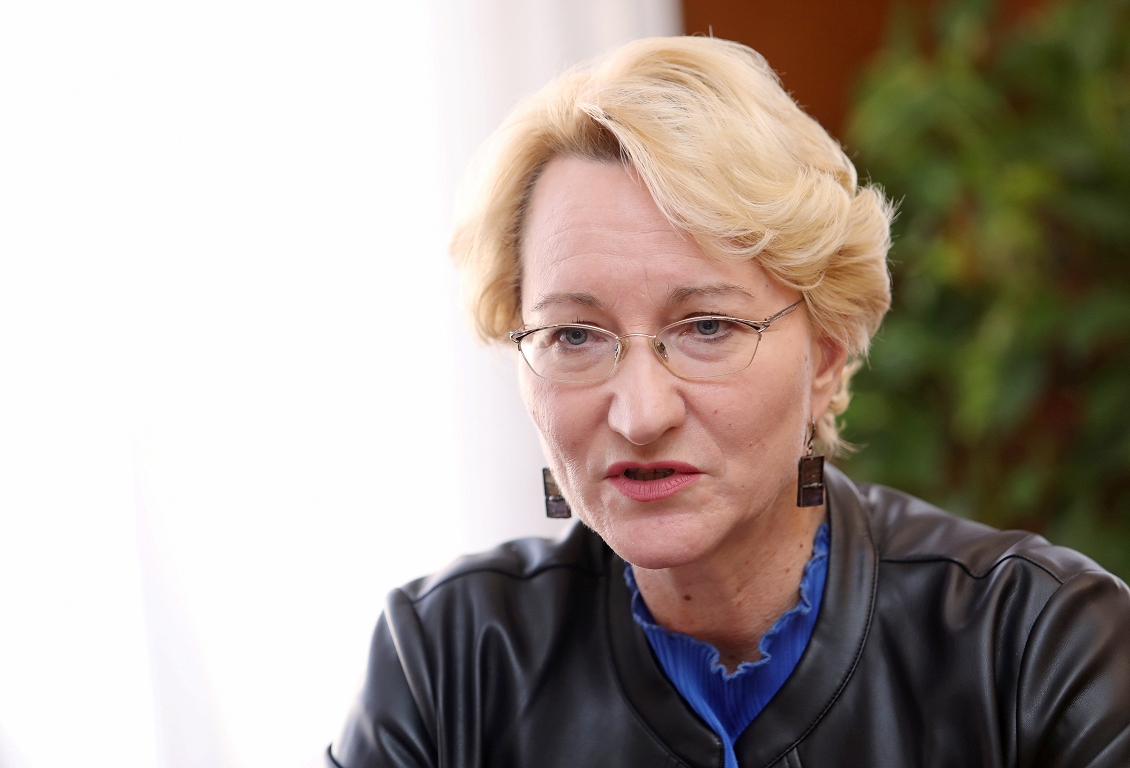Bus Moscow-Riga passenger open illness with measles / day

Epidemiologists have begun an epidemiological examination by identifying the conditions of infection, identifying the patient’s contacts and organizing the necessary measures to prevent the spread of infection.
The measles patient arrived in Riga on April 17 at 12:45 pm with the international bus « ECOLINES », which left Moscow on April 16 at 17.15. The SPCC has requested information on the flight passengers from the bus operator, but has not yet received it.
The SPCC invites all passengers on this trip and the crew staff urgently contact SPCC epidemiologists by phone 67271738 or by writing an email « (Email Protected)« .
SIA « Norma-A », which provides passenger transport by the brand « ECOLINES », Andrey Podgorny, Chairman of the Board, told LETA that he was not aware of the case and SPKC investigation.
Measles are a highly contagious acute viral infectious disease that spreads to air droplets as well as direct contact. Any non -immune person who has not previously been vaccinated against measles or has been affected by measles is the likelihood of measles and has been in contact with the affected or staying in the rooms where the measles patients were in the last two hours. Measles can be a very serious disease as they can be caused by serious complications, says the SPKC website.
The disease is characterized by fever, with body temperature exceeding 40 degrees Celsius, finely mottled red rashes and swollen lymph nodes. Complications may be inflammation of the ears, lungs or, in more severe cases. Measles can be life -threatening.
Since some countries do not have enough vaccination cover against measles, increasing the number and outbreaks of measles occasionally are also observed. For example, this year, new cases have been reported in nine European Union countries – Austria, the Czech Republic, Finland, Germany, Ireland, Lithuania, the Netherlands, Romania and Spain.
Measles outbreaks are usually associated with the return of travelers infected abroad to their home country. Therefore, as seasonal travel increases, the risk of spreading infections between countries increases, explains in the center.




/s3/static.nrc.nl/wp-content/uploads/2025/06/16193937/web-1606BIN_TUe.jpg)



